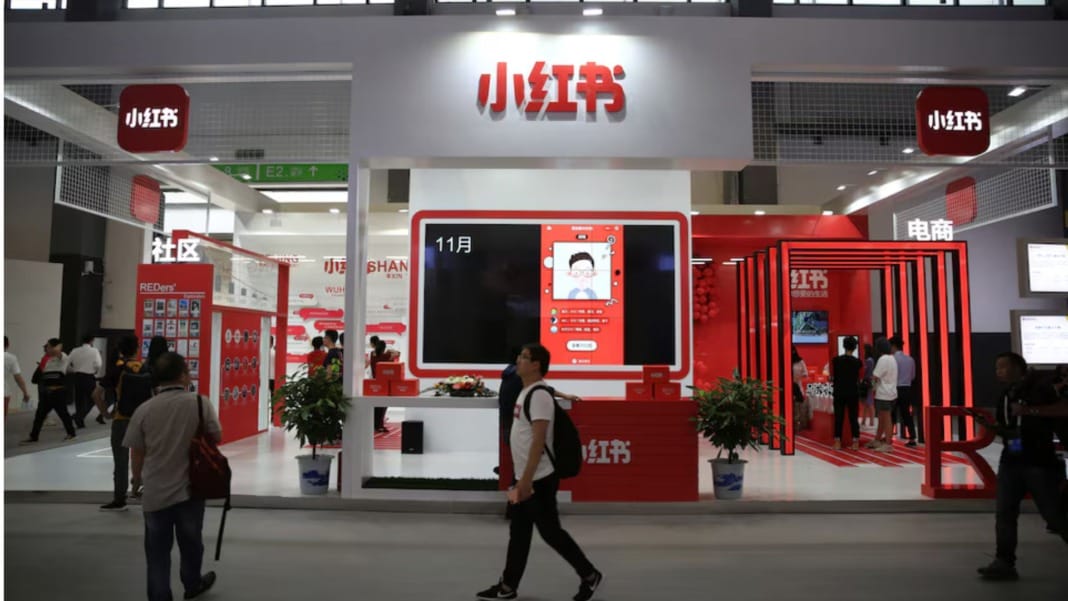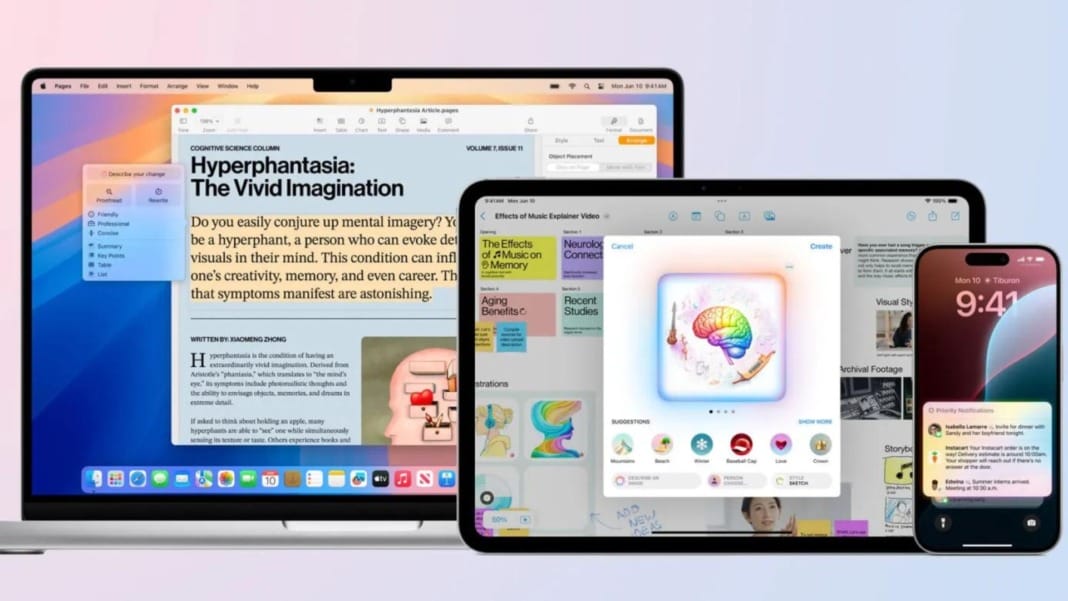At ChinaJoy, Shanghai’s most significant annual digital entertainment expo, major tech companies like Tencent, Microsoft, and Amazon showcase their artificial intelligence (AI) tools to Chinese video game developers. These companies aim to revolutionise the gaming industry by enhancing game development processes with advanced AI technologies.
Tencent’s comprehensive AI services
Tencent Holdings, headquartered in Shenzhen, is a leading player in the global video gaming market in terms of revenue. At ChinaJoy, Tencent Cloud Internet Industry General Manager Chen Liang shared insights into the company’s AI services, which span the entire game development life cycle. Chen highlighted that AI has been integral to video games since the 1990s, but the current generative AI (GenAI) boom has significantly heightened market expectations.

Large language models and the technology behind GenAI services like ChatGPT have accelerated content generation in video games. “Our plans include using AI for character production, scene creation, and developing intelligent bots,” said Chen.
Since its inception several years ago, Tencent Cloud has been collaborating on “Wuthering Waves,” a popular action role-playing mobile game by Kuro Games. According to an IDC report cited by the company, Tencent Cloud captured 42.9% of cloud service adoption in China’s gaming sector in the second half of 2023. This report also noted that over 90% of China’s top gaming companies, including Perfect World and 37Games, utilise Tencent Cloud’s solutions.
Cloud computing technology allows companies to distribute, manage, or process various software and digital resources over the internet as on-demand services, akin to electricity from a power grid. These resources are stored in data centres, where AI systems undergo training.
Microsoft’s AI platform supports
Microsoft recently experienced a global outage of its cloud services and remains committed to supporting local video gaming firms through its AI platform. Microsoft’s Azure OpenAI platform aids Beijing-based Perfect World in creating non-player characters and digital humans. Johnny Tian, Vice President at Microsoft Greater China Region, emphasised that their extensive AI system will continue supporting Chinese game developers’ international expansion plans.
Amazon Web Services (AWS) is also making significant strides in supporting Chinese video gaming studios. Through its Amazon Bedrock service, AWS enhances workflow efficiency for various studios. This includes analysing user comments for ByteDance-owned Moonton Technology and managing operations and maintenance at Shanghai-based Lilith Games. Zhang Xiaofeng, Gaming Principal Architect at AWS, likened the emergence of generative AI to the invention of the steam engine, suggesting it could trigger an industrial revolution in the gaming industry.
China’s video gaming market outlook
Despite the enthusiasm for GenAI advancements, China’s video gaming market experienced slow growth in the first half of the year. According to a report by the semi-official Game Publishing Committee of the China Audio-Video and Digital Publishing Association, total sales rose by 2.1% year-on-year to 147.3 billion yuan (US$20.3 million). However, the industry saw a 2.4% revenue drop in the first half of 2023, although full-year growth reached 14% in previous reports.
Tencent Cloud’s Chen remains optimistic about the future of AI in gaming, acknowledging that the industry is still in the early stages of an AI application explosion. He emphasised the need for developers to balance achieving high-quality AI applications with managing the costs associated with computing power consumption.





